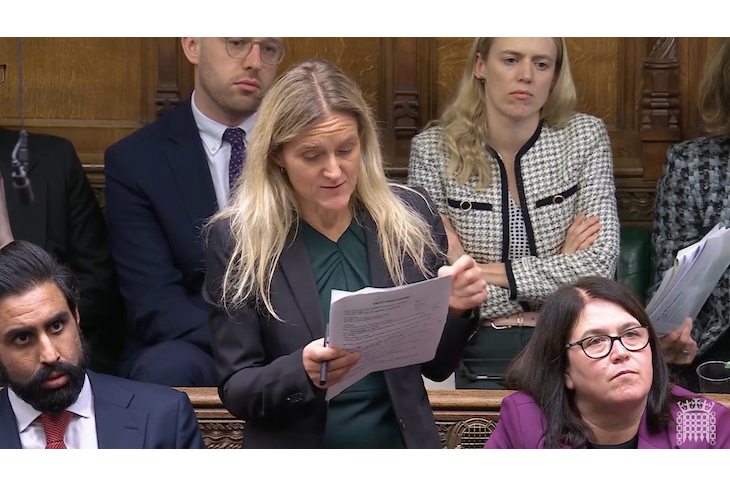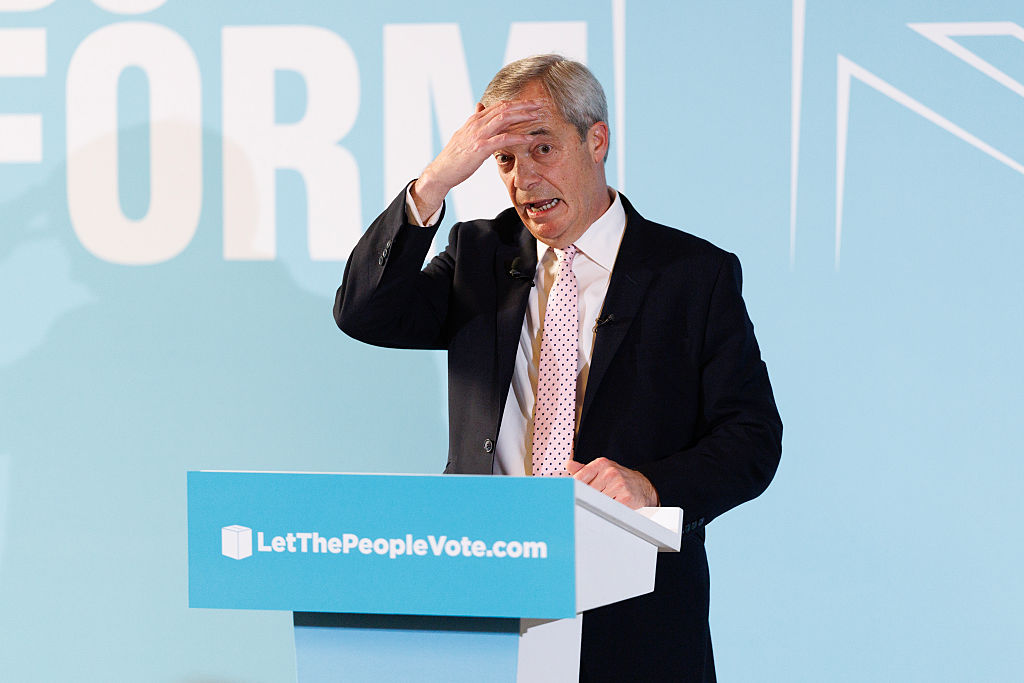Britain’s debate on assisted dying, which culminated in a victory for those in favor in Parliament today, hasn’t been long enough — we knew that from the start — but it has been a very good one. There have been some very powerful arguments on both sides. There has also been a division between those who think that voting for the legislation at this stage is merely a qualified agreement to let it receive further scrutiny, and those who see it as an endorsement, both of the principle and of the detail.
A number of Members of Parliament who spoke in favor, including David Davis and Liz Saville-Roberts, nonetheless raised concerns with the drafting, with the latter saying she would vote against the bill at later stages if it did not receive the length of debate and scrutiny that it still deserved. The Labour Party’s Marie Tidball similarly said she would be voting in favor for the bill to proceed to the next stage. She spoke powerfully from her own experience as a disabled person, and at one stage as a child in hospital telling her parents that she wanted to die.
Tidball said this gave her a glimpse of wanting to live her death as she had lived her life. She said the bill was tightly drawn around the final stage of terminal illness for adults. But there were changes she wanted to see at committee stage, including strengthening the way the choice is presented, and embedding mandatory language in the bill around a code of practice on palliative care. She said she trusted Leadbeater to champion these amendments.
Luke Evans, a Labour doctor, spoke in favor of the bill by arguing that it was not an either/or choice between assisted dying and palliative care, but that in some instances palliative care was never going to be sufficient. Like another doctor who had spoken earlier, he cited the example of neck cancer and the inability of medical science to come up with a solution to the eventual dissection by the cancer of the carotid artery other than “dark towels for the blood” and counseling relatives in advance of that event.
Others, such as Labour’s Jess Asato, set out quite how pervasive coercion is within our society and how very poorly medical professionals and the judiciary have been trained to recognize it. Her speech and those of others highlighted the many inadequacies in our society when it comes to vulnerable people. But there were very few MPs who spoke today who had much confidence that this was at all a black-and-white issue.


























Leave a Reply